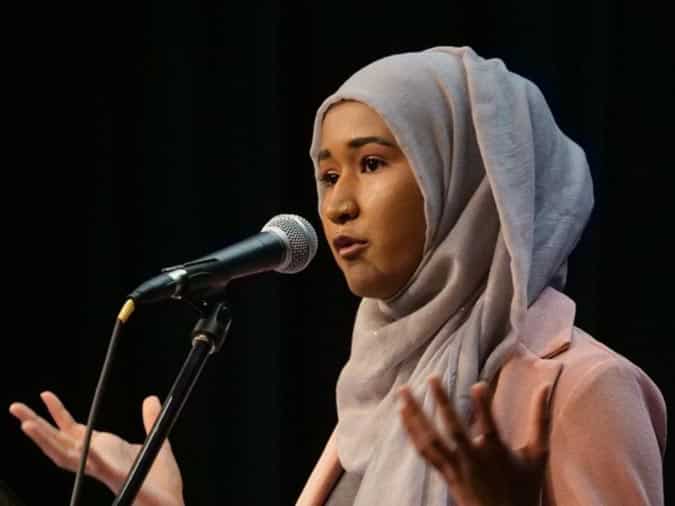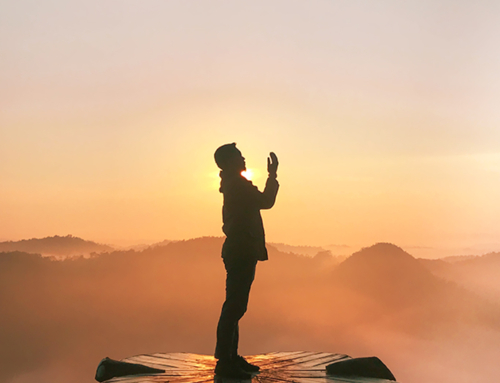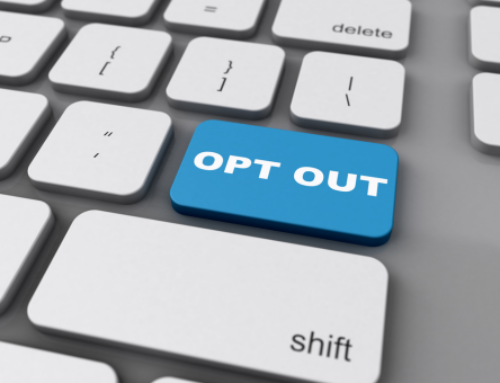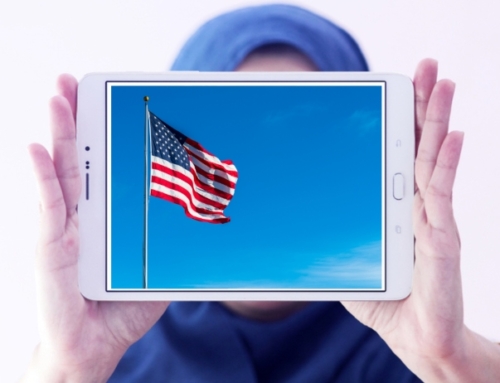By: Habeeba Husain
Transforming Perceptions of Islam and Inspiring Change
I cannot recall the first time I heard of Heraa Hashmi, a 20-year-old Muslim woman of Indian background, currently studying Molecular, Cellular, and Development Biology and Linguistics at the University of Colorado in Boulder. It may have been her charming YouTube videos, or her viral Muslims Condemn List, or maybe simply her witty and pun-filled tweets coming up on my timeline that over 37,000 others also enjoy reading. Whatever the reason, she is a young Muslim woman in the United States that deserves our attention. Through her platforms online and within her college classrooms, Hashmi is changing people’s perceptions of Islam. Read below to gain her insight.
Is Being an American Muslim a Big Part of Your Identity?
Yes! I moved to the U.S. at just a few months old, and growing up, I have considered both a vital part of my identity. I firmly believe my religion encourages and pushes me to be a better American—a contributing member of society advocating for peace and justice.
What is a Misconception That Really Gets Under Your Skin About Muslims?
As a Muslim woman, many misconceptions I encounter, especially in academia, involves this notion that Muslim women need saving, are oppressed, or that it’s a shocking notion to be a woman in science. If you look at the history, many strong Muslim women were inventors, scientists, educators, every corner of society—the example of Fatima al-Fihri for one, who established the oldest, continually operating degree-awarding educational institution in Morocco. We only hope to follow in the footsteps of such women!
What is Your Go-To Method to Combat Stereotypes and Islamophobia?
The only long-term solution is education. Fear is a product of the unknown, of unfamiliarity. It doesn’t necessarily mean reconciling ourselves with the idea that, “Wow, they’re just like us!” but recognizing that being different is not always a bad thing. When I’m confronted with situations like this, I both strive to educate or refer to someone who can answer the person’s questions, but also seek to understand the place the person is coming from—often it’s because they’ve never met a Muslim, or all they know about Islam is from a skewed media perspective. It can no doubt be difficult, but the point is never just to win a debate or prove the person wrong, but to show them the beauty of Islam through our actions and character.
Why Did You Start Making YouTube Videos? What Kind of Goals are You Seeking to Accomplish?
I started making YouTube videos in high school with a dear friend of mine. We were disenfranchised youth in the throes of teenage zeal, and we found that there was a lack of Muslim representation on these platforms being consumed by peers our age daily. Not only was it a hobby and an opportunity to work on my editing skills, but a way for us to put ourselves out there as average American Muslims. Due to other projects, my friend had to step away, but the channel continued to evolve into a place for young American Muslims to connect with resources and learn about the struggles and triumphs that comes with trying to exemplify the faith to the best of our ability.
What I hope to accomplish is to inspire young Muslims, who may and will feel like they’re not amply represented, into joining or starting their own projects for the sake of pleasing God through serving the people.
What Advice do You Have for People Who Want to Learn More About Others Who are Different?
My first advice would be to go to the source with the intention to learn! I’ve invited many of my friends to visit our mosque for open houses, or do interfaith events together, and occasions like these open avenues for honest dialogue.
Can You Wxplain The Backstory About The Muslims Condemn List?
It started because of an incident in class. We had been going over the role of Christianity in European history, and a classmate made a comment that not only was most of religiously-motivated violence carried out by Muslims, but that Muslims were silently condoning it. This, I noticed, was a common perception among people and the way it was portrayed in mainstream media, so I set out to send him a list of Muslim scholars, public figures, politicians who across the board unequivocally condemned terrorism. The fact I did it in three weeks is telling. To me, Muslims had always been at the forefront of the fight for justice. At the same time, while I do think it’s important to address these perceptions head on, we must also ask why we are held to this standard of taking responsibility for the actions of a few when no other group is.
Do You Have Any Standout Moment from Your Experiences at University or Online That You Would like to Share in Relation to Your Muslim Identity?
A really great moment of my university experience was getting an invite by the administration to come speak at a banquet about the Islamic faith. I appreciate the fact that they made it a point to reach out to underrepresented communities, and while we have a long way to go, seeing so many people willing to learn even the basics of what it means to be a Muslim was heartwarming.
What is One Thing You Want People to Know About You?
I love questions! I would rather you come up to me on the street and ask me instead of engaging in a staring contest (which I’m not very good at). I don’t know everything, but I’m always eager to connect people with others who can answer. I also love biryani. And Indian food in general.
Got Questions?
We have Answers. Get in touch now.








